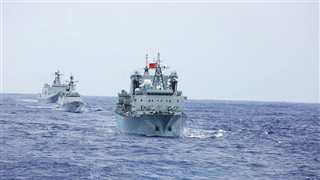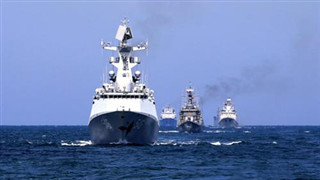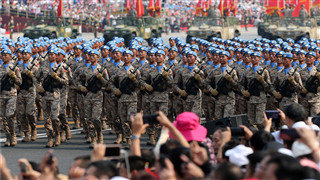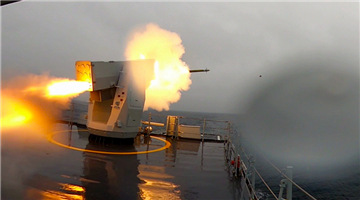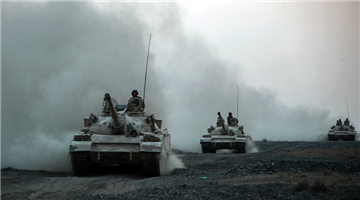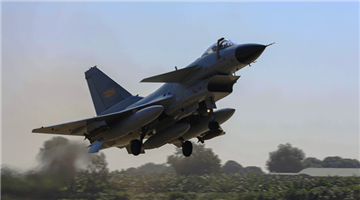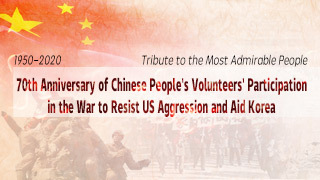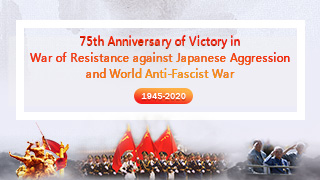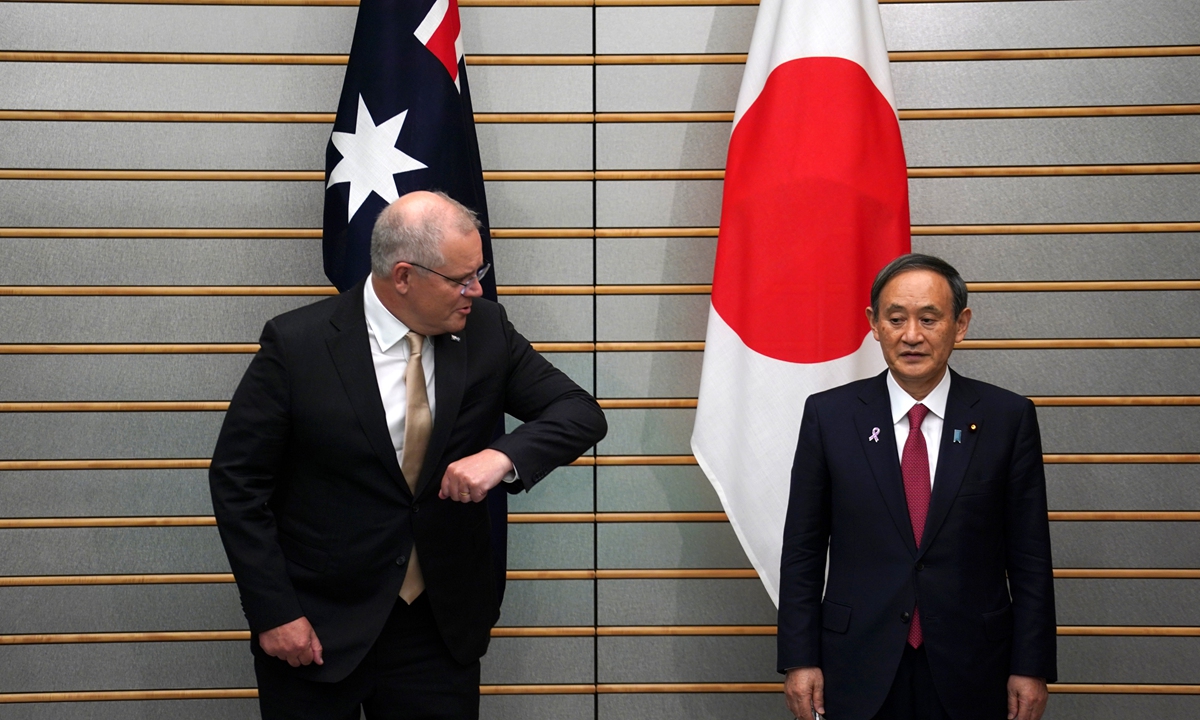
Japanese Prime Minister Yoshihide Suga and visiting Australian Prime Minister Scott Morrison didn't sign as the outside world assumed, but agreed in principle on the Reciprocal Access Agreement (RAA) that has been negotiated for six years. Some media called the pact a "breakthrough." It establishes a legal framework for each other's troops to visit for training and military operations, and greatly streamlines the procedures.
It's widely reported by media that the RAA is of particular significance as it is the first defense agreement for Tokyo since it signed the US-Japan Status of Forces Agreement with Washington in 1960, and also the first one between Asia-Pacific countries excluding the US. Some analysts believe that Japan and Australia have formed a quasi military alliance.
If Japan and Australia, both US allies, move toward a military alliance, it will form an important geopolitical trend in the region. Given that the cooperation mechanism between the US, Japan, India and Australia is also active in the region, Japan and Australia moving closer in defense will lead to greater imagination. An "Asian NATO" has long been a vision pushed by Washington and followed by some US allies.
The recent completion of the eight-year-long RCEP (Regional Comprehensive Economic Partnership) and the conclusion of the six-year-long RAA have shown two parallel threads of cooperation and confrontation in the region. It's fair to say Japan and Australia set a bad example by interpreting their biggest trading partner, China, as a "security threat," acting at the behest of the US and creating the shape of the region's first bilateral military alliance excluding the US.
Suppose our region is prone to forming military alliances in face of "potential threats," or two or more countries cooperate militarily to target a certain country, will the general trend of peaceful development in the region be eroded?
The RAA between Tokyo and Canberra is not about the defense cooperation in general terms. Japan and Australia are geographically distant from each other. This agreement clearly targets China and echoes the US' Indo-Pacific Strategy. The agreement further accelerates the confrontational atmosphere in the Asia-Pacific region and negatively affects each country's understanding of the regional situation. What's worse, it provides a new lever for the US to divide Asia. Since modern times, it is Japan that had invaded China and Southeast Asia, not that other way round. China did not expand its military to Australia, either.
Japan and Australia are developing their ties because of their strategic concerns over China. They work on the outdated military alliance and show a confrontational posture. But they should know the potential strategic dangers of doing so. China adheres to peaceful development. It suggests developing partnerships but not forming alliances.
Now, the US is using its two anchors in the Asia-Pacific region, namely Japan and Australia, to push forward the construction of an "Asian version of NATO."
China is facing a dilemma. The US, Japan and Australia are forcing China to explore deeper military cooperation with others. But if China goes too far as the US, Japan, Australia and India have, regional and even global division will intensify. China needs its own security as well as world peace and stability. The two aspects are closely related. Japan and Australia are Asia-Pacific countries. The region's peace and stability is not only China's demand, but also theirs. Isn't China's dilemma also a reflection of the self-interest contradiction of these two countries? The problem is, they are recklessly taking the first step to conduct deep defense cooperation that targets a third party, and have completely shifted the responsibilities of safeguarding regional unity to China.
This is not only unfair, but also very dangerous. China is unlikely to remain indifferent to US moves aimed at inciting countries to gang up against China in the long run. It's inevitable that China will take some sort of countermeasures. When military confrontation in the region intensifies, as far as all countries in the region are concerned, China must have the strongest endurance. Countries like Japan and Australia have been used as US tools. The strategic risk for a tool to be damaged is certainly higher than that of a user. We suggest Japan and Australia exercise restraint on the way to form a quasi military alliance against China. They should better not create confrontations with China under the instigation of the US, or follow the US step to rope India in to contain China. They will surely pay a corresponding price if China's national interests are infringed upon and its security is threatened.
